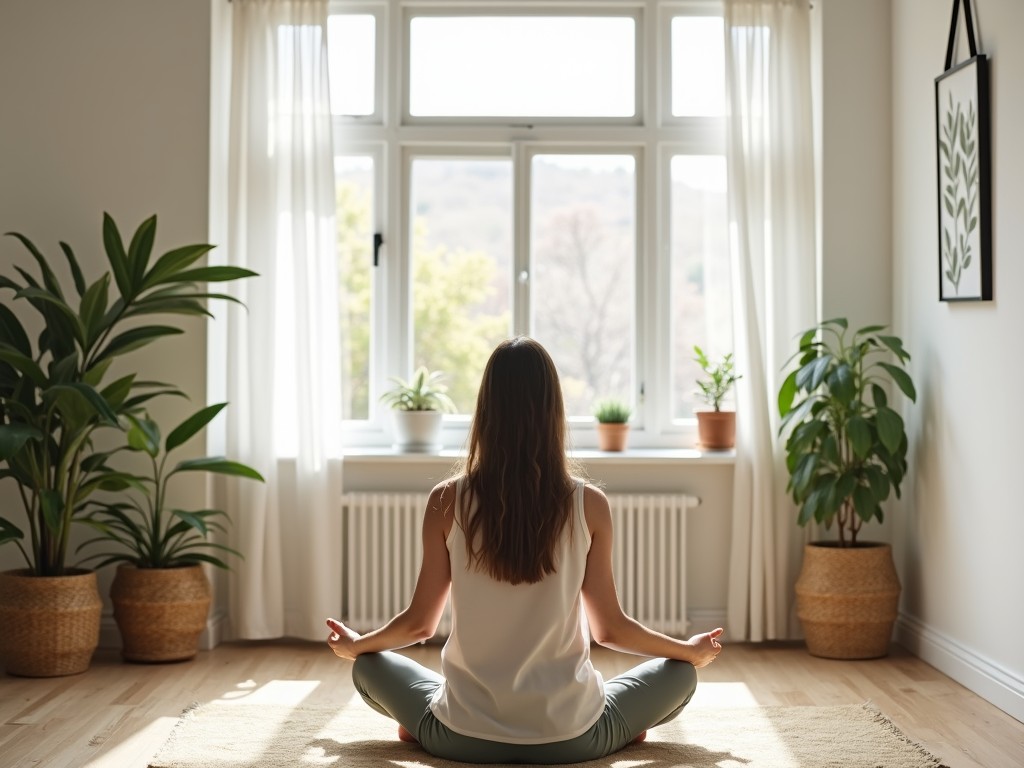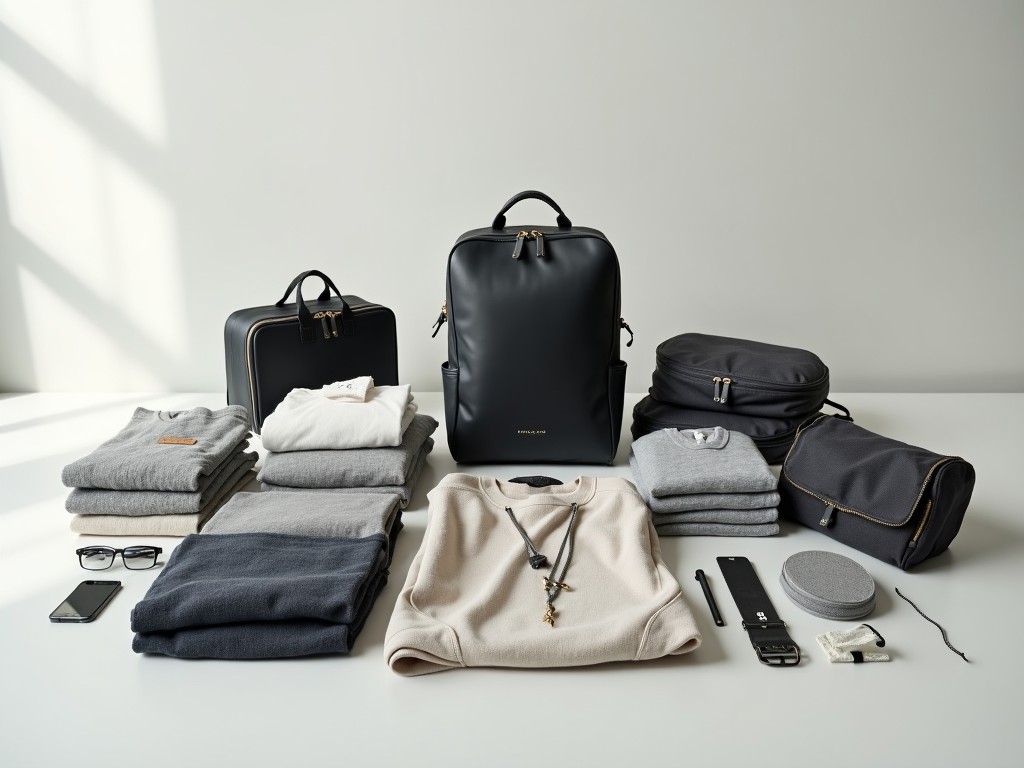Discovering Minimalism with Theresa Ulrich
Minimalism can revolutionize how you view belongings, time, and energy. Learn how Theresa Ulrich's minimalism philosophy encourages living with intention and clarity.

Embracing Minimalism: An Introduction
Minimalism isn’t just about reducing physical belongings; it’s about cultivating a mindset that values clarity and simplicity. Theresa Ulrich, a renowned advocate for minimalism, emphasizes living with only what adds value to our lives. This approach leads to more intentional living and helps in reducing both physical clutter and mental stress.
Theresa Ulrich Minimalismus: Personal Insights
Theresa Ulrich's approach to minimalism, or "minimalismus" as it’s known in German, is deeply personal and impactful. Having adopted minimalism in her own life, Theresa shares how reducing excess allows for more meaningful engagements. She often talks about how freeing it is to own fewer things and how it opens up time for new experiences that enrich life.

The Benefits of Living Minimally
- Emotional Freedom: Letting go of possessions can alleviate stress and anxiety. With less to worry about, there's more mental space for relaxation and creativity.
- Financial Stability: By buying less, one can save more. Theresa Ulrich emphasizes how minimalism has improved her financial situation, allowing her to invest in experiences rather than things.
- Environmental Impact: Reducing consumption drastically lowers your ecological footprint, a crucial aspect for Theresa in her quest for sustainable living.
Theresa Ulrich minimalismus also advocates for mindful consumption. This means being deliberate about purchases, buying only what is necessary, and supporting sustainable brands. Such practices ensure that your lifestyle has a positive impact on both the personal and environmental levels.

How to Start Your Journey
- Step 1: Evaluate Your Belongings Begin by assessing all that you own. Which items truly serve a purpose?
- Step 2: Prioritize Needs Over Wants Determine what is essential in your life. This could be clothing, tools, or shared family heirlooms.
- Step 3: Practice Mindfulness Every purchase should involve thought and intention. Ask yourself if it adds value to your life or the environment.
Theresa suggests starting small, perhaps decluttering a single room, before taking on larger projects. Her advice goes beyond physical decluttering, emphasizing the importance of decluttering schedules and digital spaces as well.
Real-Life Applications of Minimalismus
Incorporating minimalism into your daily routine can start with something as simple as reducing digital clutter by organizing files or unsubscribing from unnecessary email lists. Theresa's journey shows that minimalism can be applied to many aspects of life, from eating habits to travel. Her teachings encourage us to seek depth rather than breadth, fostering quality over quantity.

The Community and Beyond
Theresa Ulrich's minimalism has inspired a community committed to living more purposeful lives. Social media groups and forums are great starting points for sharing experiences and gaining inspiration from others on similar journeys.
By connecting with others, you gain a network of support and new ideas to integrate minimalism into every aspect of your life. Theresa often stresses the importance of finding community in minimalism, as it provides motivation and shared understanding.

Final Thoughts on Minimalism
Theresa Ulrich's perspective urges us to redefine success not in terms of what we accumulate but by the value we create and the relationships we nurture. Minimalism is not about deprivation but about making room for what truly matters.
Start by making small changes and gradually implementing more of Theresa’s minimalismus philosophies in your life. Doing so can lead to profound transformations in both personal well-being and interpersonal connections.
